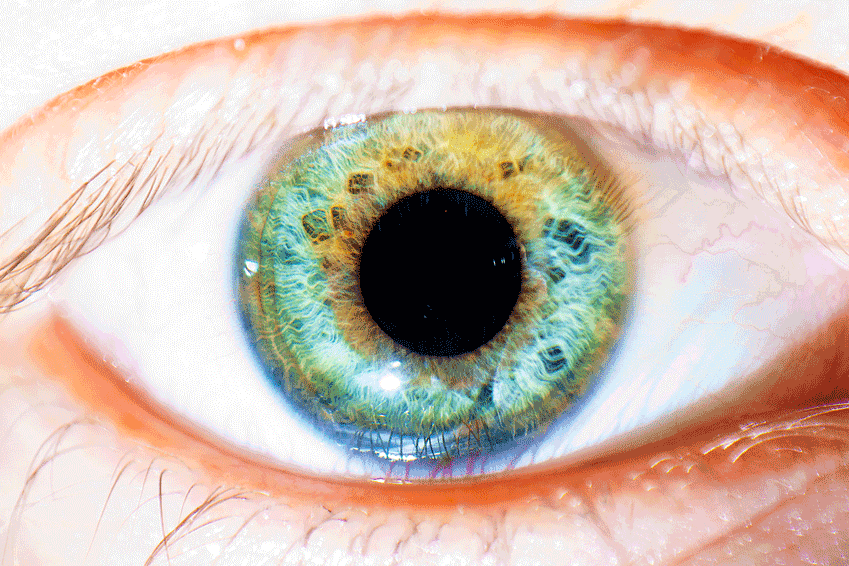As the years inexorably pass, most people come to accept that the minor health niggles they experience will start to mount up.
However, among the general aches and pains, there’s a condition which can come as a surprise, and cause a certain amount of alarm. It can happen at any age, but the chances increase after around 40 years old, and it becomes fairly common past the 60-year mark.
Black Dots – What??
The problem first appears as one or more tiny black dots or smudges appearing in your field of vision, like a speck of dust in your eye that you can’t get rid of. These dots may be large or small, and tend to float around, giving rise to their common name of “eye floaters”.
Eye floaters will usually be more visible when looking at a white background, especially a computer screen or smartphone. Most people who develop floaters spend quite some time trying to clear their eyes before starting to wonder if there’s a deeper problem.
Naturally, the sudden appearance of these spots can be very worrying. The good news is that the condition is usually not as serious as you might at first think.
A Normal Consequence of Aging
The specks are caused by debris and imperfections floating within the vitreous humor inside the eye, and are a natural consequence of increasing age. As your eyes get older, the fluid inside becomes more watery, and traces of collagen can begin to clump together, This casts a shadow on your retina, resulting in the black dots or spots.
Eye floaters may be alarming at first, and indeed the should be monitored, but the condition is not in itself degenerative – there’s no reason for it to inevitably progress, and serious vision problems are very rare, indeed.
In most cases, if the floaters cause no real problem – and they will tend to be tuned out by the brain after a while – they can be ignored, although you may wish to visit a doctor for peace of mind. However, if the numbers increase noticeably quickly, this can be a symptom of a detached retina, which is far more serious, and medical attention is urgently necessary.
Psst… Looking for a nerdy but affable guy to explain floaters to you? Here’s Hank Green from SciShow…
Optional Surgery
Most cases of eye floaters are left untreated, but if they become enough of a problem to hinder sight, then a rather dramatic-sounding surgical treatment is possible. This involves puncturing the eyeball and draining the fluid from it, replacing it with a saline solution. While this will normally cure a floater problem completely, it is not an option to consider lightly because of the risks inherent in any eye surgery.
This being the case, once the initial shock has been overcome, most people choose to live with this minor annoyance.
It makes sense to visit your doctor or eye care professional to make sure there is nothing more seriously wrong, and to begin monitoring for signs of deterioration.
In most instances, however, eye floaters are nothing to worry about – they’re a mere speck in the journey of life – and when they appear, it’s a perfectly good time to take a break from whatever tedious stuff you are doing. Thanks, floaters!

